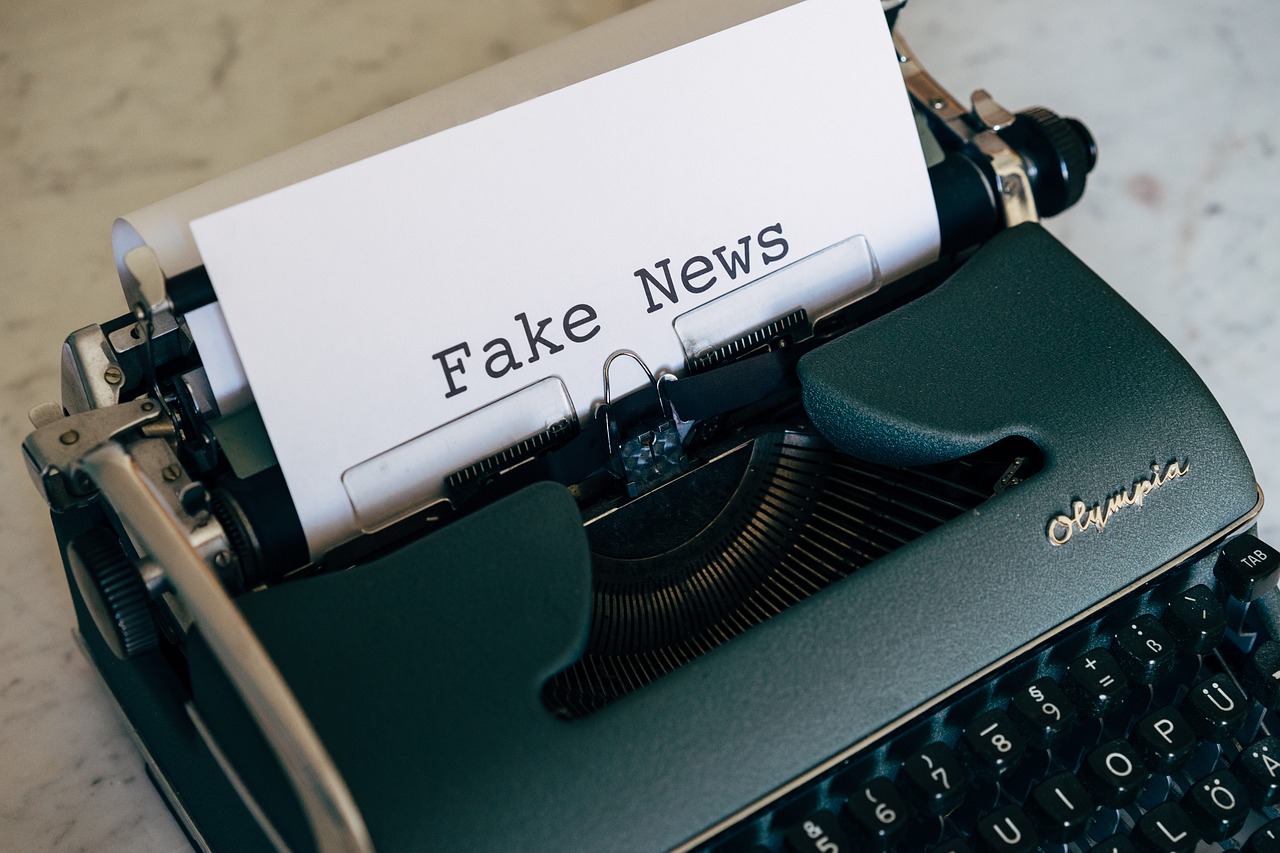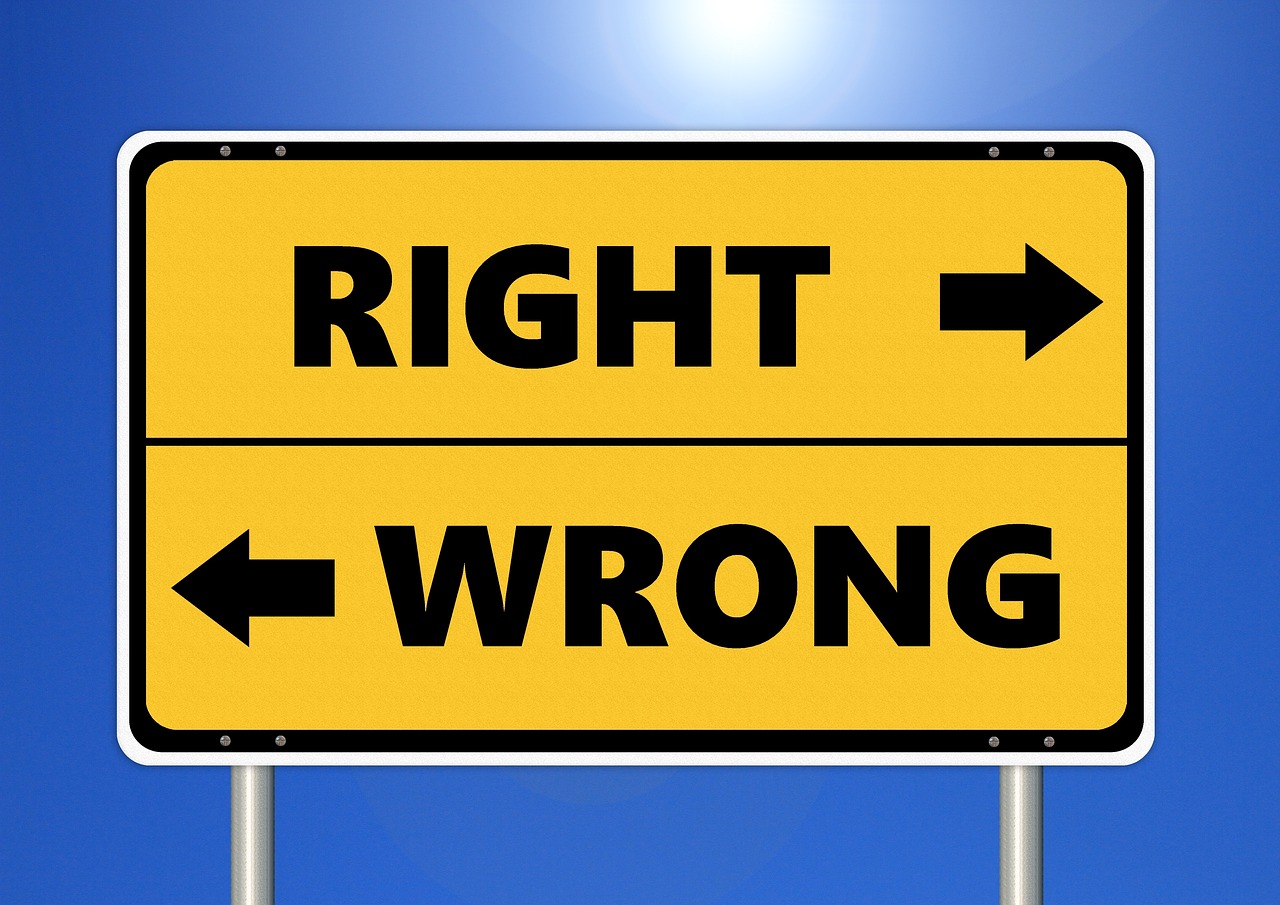As the US election approaches, an overwhelming surge of rumors, false allegations, and disinformation regarding voting and electoral fraud is spreading across online platforms. Numerous incidents claiming voting irregularities are being documented and shared by various individuals, including those affiliated with independent and Republican groups, with some contributions from Democrats as well. This influx of claims complicates the work of election officials who must counter these narratives while ensuring voters remain informed as they prepare for election day on November 5.
The majority of these posts echo the Trump campaign’s unfounded assertions that the former president was the true winner of the 2020 election and that he may face similar deceit this time around. In a recent presidential debate, Trump indicated he would accept the outcome of the 2024 election if it was conducted fairly, yet a CNN/SSRS poll revealed that 70% of Americans anticipate he will reject the results if he loses.
This week, Trump alleged significant fraud occurring in Pennsylvania, urging followers to report any cheating to authorities. His remarks came after officials in three counties announced investigations into suspicious voter registration applications. However, Pennsylvania’s chief election official cautioned against jumping to conclusions and highlighted that the voter registration safeguards are functioning effectively.
The BBC has observed a multitude of fraud allegations circulating online, many of which have gained millions of views. These claims often suggest that non-citizens can easily vote or make dubious assertions about voting technology. One video falsely suggested that newly arrived Haitians were casting ballots in Georgia; investigations revealed its dubious origins linked to Russian influence actors.
In Pennsylvania, a video depicting a man delivering ballots was misrepresented as suspicious activity, despite him being a postal worker fulfilling his duties. The misinformation wave before election day raises concerns about its potential to erode public trust in electoral processes and incite violence or threats.
This is not an isolated phenomenon; after the 2020 presidential election, Trump used social media to propagate false claims of fraud. The fallout included conspiracy theories leading to unrest at the US Capitol on January 6, 2021.
Election integrity advocates like Wendy Via have noted that far-right groups appear more prepared for accusations of a stolen election than they were in 2020. Many Trump supporters now believe illegal actions could thwart his victory in November. While isolated incidents of ballot fraud do occur during elections involving millions of voters across all states, current claims are often exaggerated or fabricated.
Despite the rise in misinformation and conspiracy theories regarding electoral integrity leading up to November’s vote, officials emphasize their commitment to fair and secure elections.


